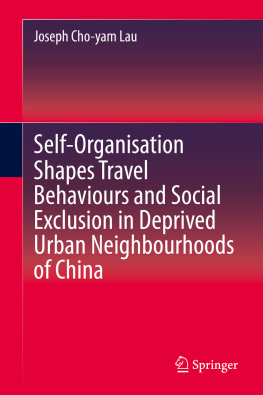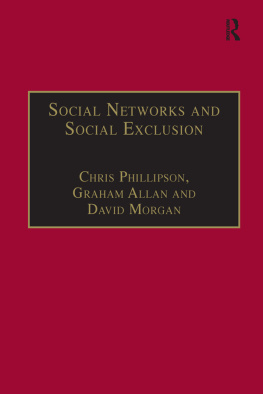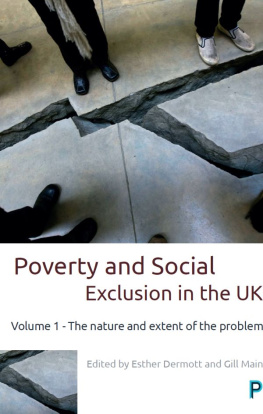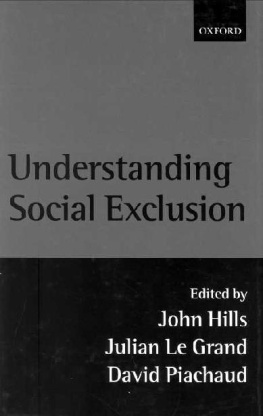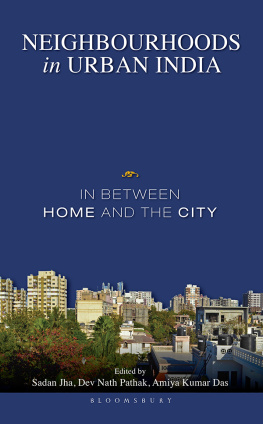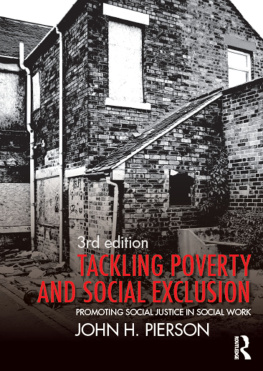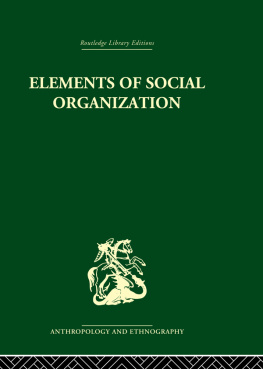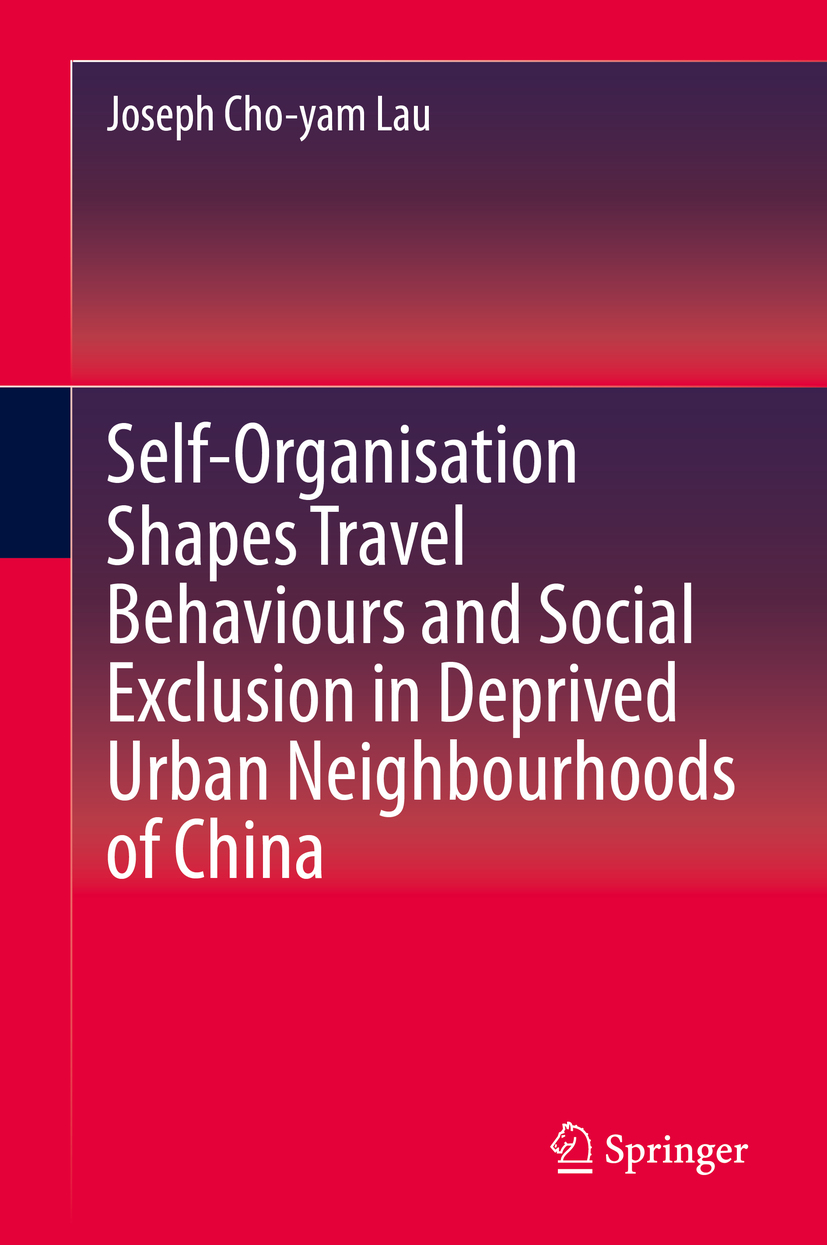1. Introduction
1.1 Introduction
Since 1978, China has transformed from a central planning economic system to an open market economy system, and a great number of industrial workers have been laid off from state-owned enterprises (SOEs) and moved to newly established labour markets in this process. As a result, many unskilled and low-income workers have been excluded from accessing decent housing and formal employment. In a deprived inner city in Guangzhou, Xiguan, after 40 years of economic and housing reforms, many low-income residents still have to live in dilapidated, deprived and overcrowded housing conditions. When the Chinese Communist Party obtained control of China in 1949, many rich residents left China, and the Guangzhou municipal government allocated vacant houses in Xiguan to workers through work units. A high percentage of the existing residents moved in during that period because the government sold houses to them at discounted prices during the housing reforms in the 1990s (Yuan et al. ).
Most of the residents in this inner city are redundant workers of SOEs. According to the usual practices of urban redevelopment, the municipal government has adopted a privately funded and property-led redevelopment approach to redevelop the inner city. However, most private property developers are reluctant to participate in the redevelopment of the inner city due the high employee compensation costs, low profits and the fact that the developers required to preserve the historic houses. Lacking redevelopment, many large houses have turned into dilapidated and dangerous buildings. Residents must face congested, narrow streets and conflicts between traffic and pedestrians. Due to their low educational attainment and poverty, the residents cannot move out of the city; they can only find informal jobs along the tourist walking streets that are developed by the economic revitalisation policy. As a result, local residents have become accustomed to riding bicycles to both work and non-work activities since the danwei era, and they commute shorter distances. The residents are excluded from participating in the mainstream activities of society (Zhou et al. ). They face accessibility problems in reaching employment, social and recreation activities that are further away.
Furthermore, the market reforms have absorbed millions of rural migrants into the cities. In 2016, approximately 287 million rural migrant workers found employment in urban China, making up more than one-third of the entire working population (China Labour Bulletin ). The migrants gather in urban villages or migrant enclaves and depend on effective the social networks among fellow villagers to find informal jobs and affordable housing.
In addition, in face of their farmland being acquired by the government, local villagers in urban villages make use of the dualistic land-use system to build affordable housing and township-and-village enterprises on rural land in order to tap into the cheap migrant labour force. The actions of villagers and rural migrants produce a jobs-housing co-location process in order to cut travel times (Zhu et al. ). The migrants daily activities are almost completely spatially restricted to the enclaves. They take short-distance trips and use slow transport modes to get to work and non-work activities. They are excluded from participating in the mainstream activities of society.
In addition, a study on the suburbanisation of Shanghai found that the Line 9 rail transit services, which link the suburban district, Songjiang, and the central city, lacks sufficient ridership to support cost-effective rail transit services (Pan et al. ). There are likely other factors that are outside the framework of conventional transport planning models that cause declining rail ridership problems.
The above three cases in urban China showcase typical commuting and social exclusion problems in conventional transport studies. The travel behaviours that have contributed to commuting problems and social exclusion cannot be fully measured by conventional urban transport planning. These methods of planning always focus on the influence only of the built environment and socio-economic factors on the travel behaviours of the people. For example, transport planners in Shanghai were unable to accurately forecast rail travel demand, resulting in the oversupply of rail services. In fact, social exclusion and commuting problems can be better resolved by understanding the interaction between individuals travel behaviours and government policy (Giddens ). For example, in the cases of Xiguan and urban villages, government policy-makers have failed to observe the decisions and actions of rural migrants and low-income workers when interacting with government policies, resulting in social exclusion and accessibility problems.
Human social systems are complex social systems. Travel behaviour is the product of spontaneous and non-linear self-organisation processes (or interactions between structure and individuals actions). Structure shapes action, but individual actions produce and transform structure to form new travel behaviours (Giddens ).

